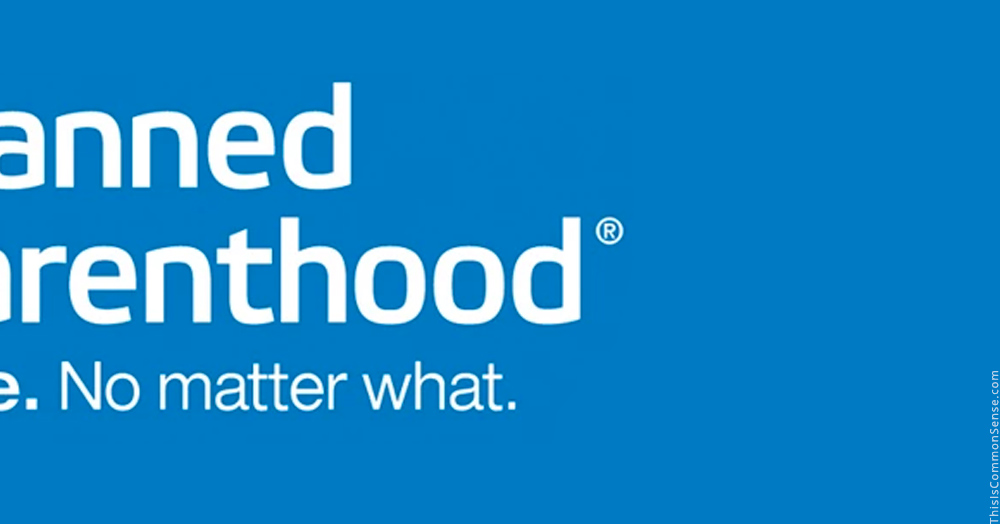The President of the United States says that the U.S. Postal Service is scamming us by offering shipping discounts to Amazon, the mail-order giant. “Post Office scam must stop.”
President Trump is hovering in the vicinity of the right idea. But what about government-required discounts for shippers? Are these scams too?
Congress has long required lower postal rates “for religious, educational, charitable, political and other non-profit organizations.…” Robert Shapiro estimates that such mandates cost the agency over a billion dollars a year. The government forces USPS to do a great many things that lose money — things that companies functioning in a free market cannot profitably do.
And American taxpayers must perennially fork over billions to sustain its lumbering operations.
It is true that, in markets, buyers of large quantities of a good or service routinely pay less per unit than buyers of small quantities; such discounts can enhance the seller’s bottom line. The fact that USPS offers discounts to a mega-shipper like Amazon does not in itself show that charging more per parcel would generate more revenue.
The question is, then, which transactions would flourish if the agency were just another market player instead of a government-protected, government-hobbled, government-subsidized bureaucracy?
Like any government-run “business,” the Post Office is itself a “scam.” This scam must stop. Phase out USPS as a government agency and let any company deliver first-class mail to our mailboxes on any honest terms that might attract customers.
This is Common Sense. I’m Paul Jacob.











